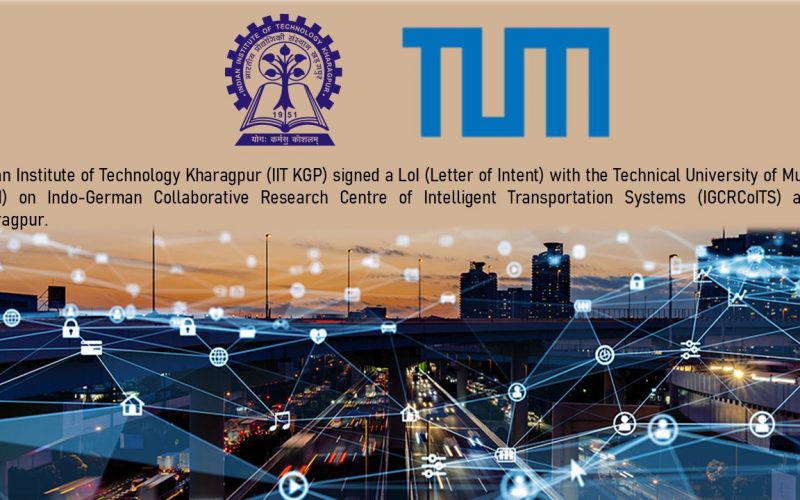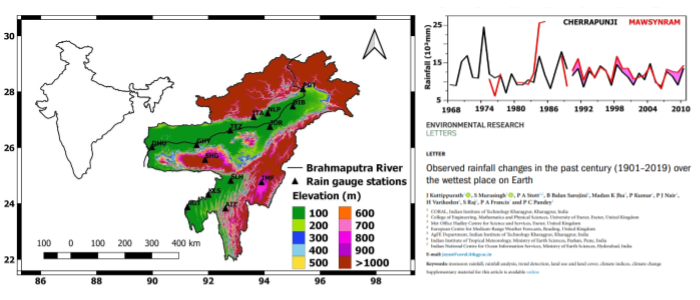
IIT KGP signs LoI with TUM
Indian Institute of Technology Kharagpur signed a LoI (Letter of Intent) with the Technical University of Munich (TUM) on Indo-German Collaborative Research Centre of Intelligent Transportation Systems (IGCRCoITS) at IIT Kharagpur. The collaborative Research & Development (R&D) between both the institutions will emphasize on the main areas of intelligent transportation enhancing Electric Mobility Systems including automobiles, rail, marine craft, UAVs etc. Vehicle Energy Management, Battery Management Systems, Transportation Software and Security, Public Transportation, Data-driven Transport Planning and Emerging Mobility Solutions will be the major focus areas.The Indo German Partnership (IGP) project was agreed on sponsorship by Germany and India to…


